VITAMINS
|
II. VITAMINS Vitamin A (Retinol, Animal Sources) Important for skin and mucous membranes helps with eyesight and may be important in the utilization of iron by the body. It is a powerful antioxidant. Retinol, which is fat-soluble, resists most cooking processes except frying at high temperatures. It is sensitive to oxygen and light. Betacarotene, which is water-soluble, is sensitive to light, oxygen and heat. It is converted to Vitamin A in the body. Richest Sources: Especially Needed By: Vitamin B1 (Thiamin) Essential for the proper functioning of nerve tissues, and all muscles including the heart. It aids digestion and promotes energy and growth. It is water-soluble, and is lost when food is soaked and water is discarded, when cooking-water is discarded, and when meats and other foods are cooked at high temperatures. Richest Sources: Especially Need By: Vitamin B2 (Riboflavin) Essential (with other vitamins) for the synthesis of hormones by the pituitary and adrenal glands to meet stress by fight or flight, for energy production in the body, for healthy eyes, skin and hair, and plays a part in the metabolism of proteins, carbohydrates and fats. It prevents soreness of the lips, mouth and tongue. It is water-soluble, and is lost when cooking water is discarded, although fairly stable when heated. Exposure to light diminishes it (i.e. milk bottles left in sunlight on the doorstep). Rich Sources: Especially Need by: Vitamin B3 (Niacin / Nicotinic Acid) Prevents gastro-intestinal disturbances. Helps in energy production and blood circulation. Needed for the metabolism of fats, protein and carbohydrate. It is water-soluble, and is fairly stable in cooking, although it may be lost when cooking water is discarded. Richest Sources: Especially Needed By: Source: Blanc Vite |





